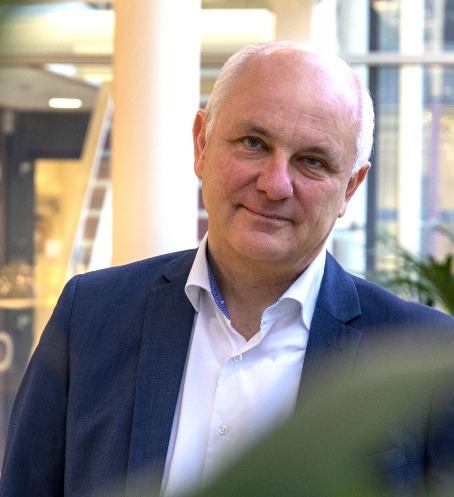30 million euros for social cohesion research

The SOCION consortium , in which social sciences and humanities researchers from five different knowledge institutions are conducting research on social cohesion, has secured a €30 million Summit Grant from the Dutch Research Council (NWO). Lead applicant Rafael Wittek (Sociology) of the University of Groningen: ‘The very fabric of society is under pressure. Traditional forms of social cohesion are becoming less and less effective. Thanks to the grant, we, together with societal stakeholders, can shed a new light on how social cohesion can be achieved in these challenging times.’
The Summit Grant is intended for research consortia that have proven to be among the world’s absolute best in existing collaborations. According to NWO, the SOCION consortium, which builds on the ongoing SCOOP Gravitation Program, has proven its value by developing a methodology for interdisciplinary research in the social sciences and humanities. The interdisciplinary team can now appoint new cohorts of PhDs and Postdocs to successfully continue the project, which allows the researchers to make an important contribution of new knowledge for society.
The Faculty of Behavioural and Social Sciences serves as the coordinator of the SCOOP programme. Meanwhile, nearly 80 PhD students and postdocs have completed their SCOOP training.
Fabric of society
The consortium studies social cohesion. Social cohesion is ‘the fabric of society’, crucial for sustainable societies and the well-being of citizens. However, social cohesion is increasingly undermined due to community erosion and polarization between groups. Within the SOCION consortium, psychologists, historians, demographers, philosophers, and sociologists join forces with societal organizations to gain insight into how connections between individuals, groups and institutions contribute to new pathways to and types of social cohesion. Ellemers, co-applicant and Professor at Utrecht University: ‘The consortium aims to develop a toolbox of knowledge and measures that can be put to use effectively in counteracting social disruption. Disruptions that can be triggered by developments such as migration, climate change, and an ageing population.’
5 out of 55
Of the 55 partnerships that were allowed to be nominated by boards of Dutch knowledge institutions, 15 were selected to develop a full application, and present it. Five of them eventually received funding.
The SOCION consortium comprises the University of Groningen (coordinator), Utrecht University, Vrije Universiteit Amsterdam, Radboud University and NIDI. Researchers from the University of Groningen who were involved in the application are:
Prof. Rafael Wittek, Prof. Basak Bileçen and Dr. Liesbet Heyse (Sociology), Prof. Lisa Herzog, Prof. Pauline Kleingeld and Dr. Leah Henderson, (Philosophy), Prof. Helga de Valk, Prof. Kene Henkens and Prof. Matthijs Kalmijn (NIDI), Prof. Russell Spears, Prof. Nina Hansen, and Dr. Yasin Koç (Social Psychology).
More news
-
20 January 2026
Alcohol, texting, and e-bikes
-
13 January 2026
Lonneke Lenferink joins The Young Academy
-
08 December 2025
Citizen participation essential for a sustainable energy future
